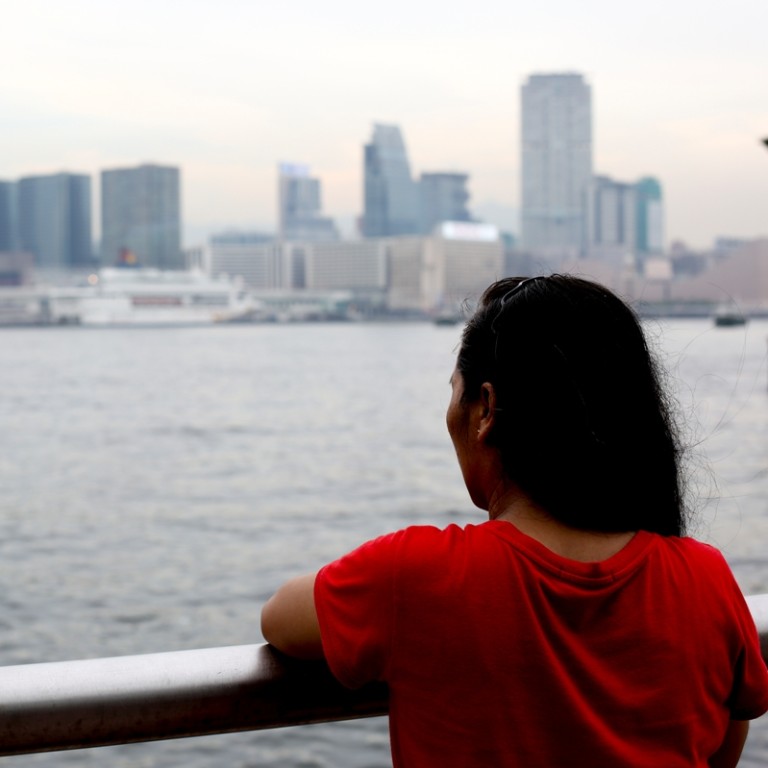
Easing of Asian border controls puts migrants in peril, UN warns
Smugglers will expose Asian victims to rights abuses, drug-trafficking, even death, warns UN
As the eyes of the world focus on the plight of refugees attempting to cross the Mediterranean into Europe, senior UN officials and national-level policy chiefs in Asia have warned of the dangers to migrants stemming from deeper integration in this region.
The gradual easing of border controls is expected to lead to an "unprecedented" increase in cross-border movement, which officials believe will expose smuggled migrants to human rights abuses, drug-trafficking and even death.
The warnings come amid the grisly discovery of a mass grave in southern Thailand belonging to migrant "boat people" from Bangladesh and Myanmar in a zone notorious for human trafficking.
Hans Leo Cacdac, chief of the Philippine Overseas Employment Administration, last week urged Filipino migrant workers not to exploit the "no tourist visa" arrangement with Hong Kong and other Asian destinations.
His comments followed the release of a UN report that pinpointed Chek Lap Kok airport as an "important embarkation point" for many mainland Chinese migrants going to the West, as well as people from the Middle East transiting to Malaysia and Indonesia, from where they are smuggled to Australia by boat.
The report highlighted the threat to both Asian countries and migrants resulting from human smuggling.
"Remember that even if Southeast Asian destinations such as Indonesia, Malaysia, Hong Kong, Singapore, Vietnam, Cambodia, Brunei and Thailand do not require visas for tourists, work visas or permits are still required in order to work in these countries or destinations," said Cacdac.
According to the official, human-smuggling syndicates had combined with drug traffickers, who were forcing migrants to unwittingly carry packages or luggage containing illegal narcotics.
"The clandestine nature of the activity not only endangers the lives, health, security and human rights of irregular migrants, but also undermines regional security by diverting resources toward the illicit transnational crime economy," read the report, entitled .
Jeremy Douglas, regional representative for the UN Office on Drugs and Crime, said smuggled migrants were increasingly difficult to identify amid the surge in regular migration and regional integration.
"The cross-border movement of people in Asia is expected to grow rapidly and at unprecedented levels, in part due to new infrastructure projects and the opening of borders … People that make use of smugglers face increased risks to their health and safety," he said.
"Smugglers and traffickers in Asia are often well-organised and financed and able to operate with little interference from authorities, especially in lower capacity countries."
The human trafficking trade was underpinned by the exploitation and coercion of migrants, said Archana Kotecha, of Liberty Asia.
"People's compliance is ensured by the use of violence or debt bondage," she said. "And where you have organised crime, you have drug dealing and everything that goes with it."
